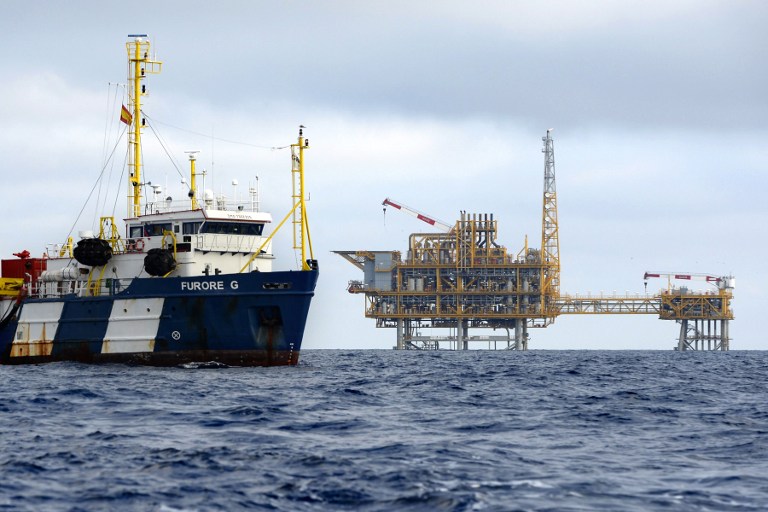KUALA LUMPUR, April 16 — While the full impact of Covid-19 on the oil and gas (O&G) industry is still difficult to assess, the industry is expected to record at least 5.0 per cent demand reduction for oil and gas this year.
Institute for Democracy and Economic Affairs (IDEAS) senior fellow Dr Renato Lima de Oliveira said the oil industry was facing a historic crisis that will reverberate across countries and supply chain, with lower fiscal revenues and investment cuts.
On average, Malaysia is expected to lose US$1.7 billion annually in new capital investment and reduced fiscal revenue from O&G by US$7.1 billion, and this will put further pressure on the country’s finances, he pointed out.
In the short run, the oil sector will suffer from a drastic demand decline due to Covid-19 as 57 per cent of all oil demand is used for transportation as lockdown measures have put mobility grinding to a halt.
“Stay at home policies hit the oil sector particularly hard,” said de Oliveira during a webinar session on “Oil Economics in Times of Crisis and Energy Transition,” organised by the Centre for Market Education and IDEAS today.
At the same time, in March, Saudi Arabia initiated a price war with Russia and the Organisation of the Petroleum Exporting Countries (Opec) partners.
De Oliveira noted that at the time, there were less than 150,000 cases of Covid-19, with more countries adopted mobility restrictions after the World Health Organisation declared it a pandemic, which further created a surplus in the oil market.
“The Saudi decision was badly timed, but it is linked to a long-term strategy of monetising their large reserves,” he added.
De Oliveira, who is also associate professor at the Asia School of Business, also warned of a capital expenditure (capex) cut for the exploration and production sector to the tune of US$170 billion per year for the whole industry globally.
“Opec has always walk a fine line between restricting output too much (which encourages oil-to-oil competition and substitutes) and producing too fast, which would accelerate reserves depletion and decrease prices,” he said.
Opec members have enough oil reserves to produce, at current rates, for 86 years, while non-Opec members have the capacity to produce oil for the next 24 years.
“If you believe the energy transition, even though it might be slow, by the end of this decade, it is likely that we will reach peak oil consumption and then subsequently decrease just because we find it more profitable to substitute for renewables or to invest in energy efficiency,” said de Oliveira.
On Wednesday, the International Energy Agency said the Covid-19 outbreak would slash global oil demand this year to erase a decade of growth and set up “the worst year in the history” of the sector.
The agency’s executive director Fatih Birol said demand is projected to plummet by a record 9.3 million barrels per day (mbd) for the year as a whole, with 29 mbd in April and 26 mbd in May. — Bernama






















